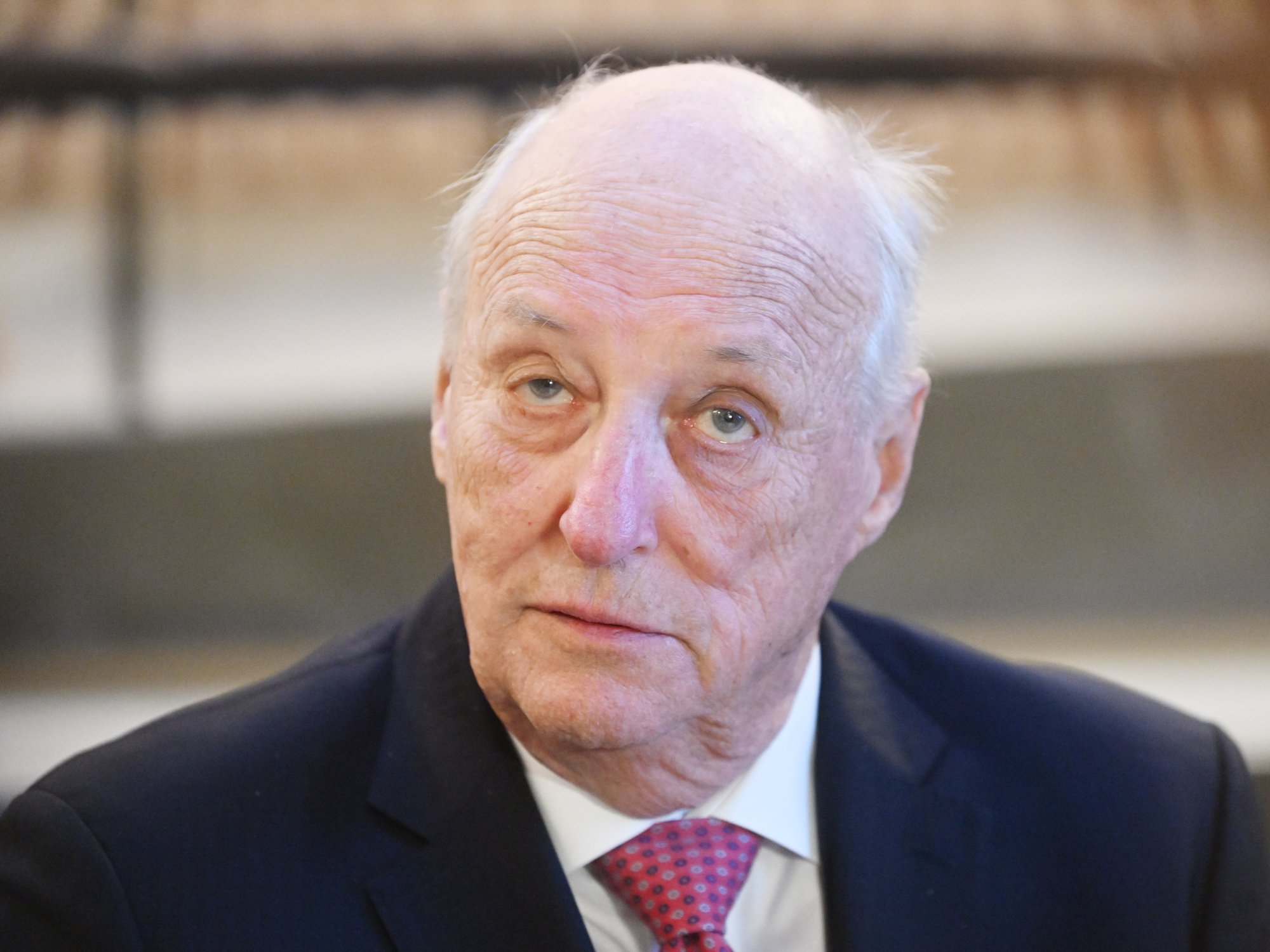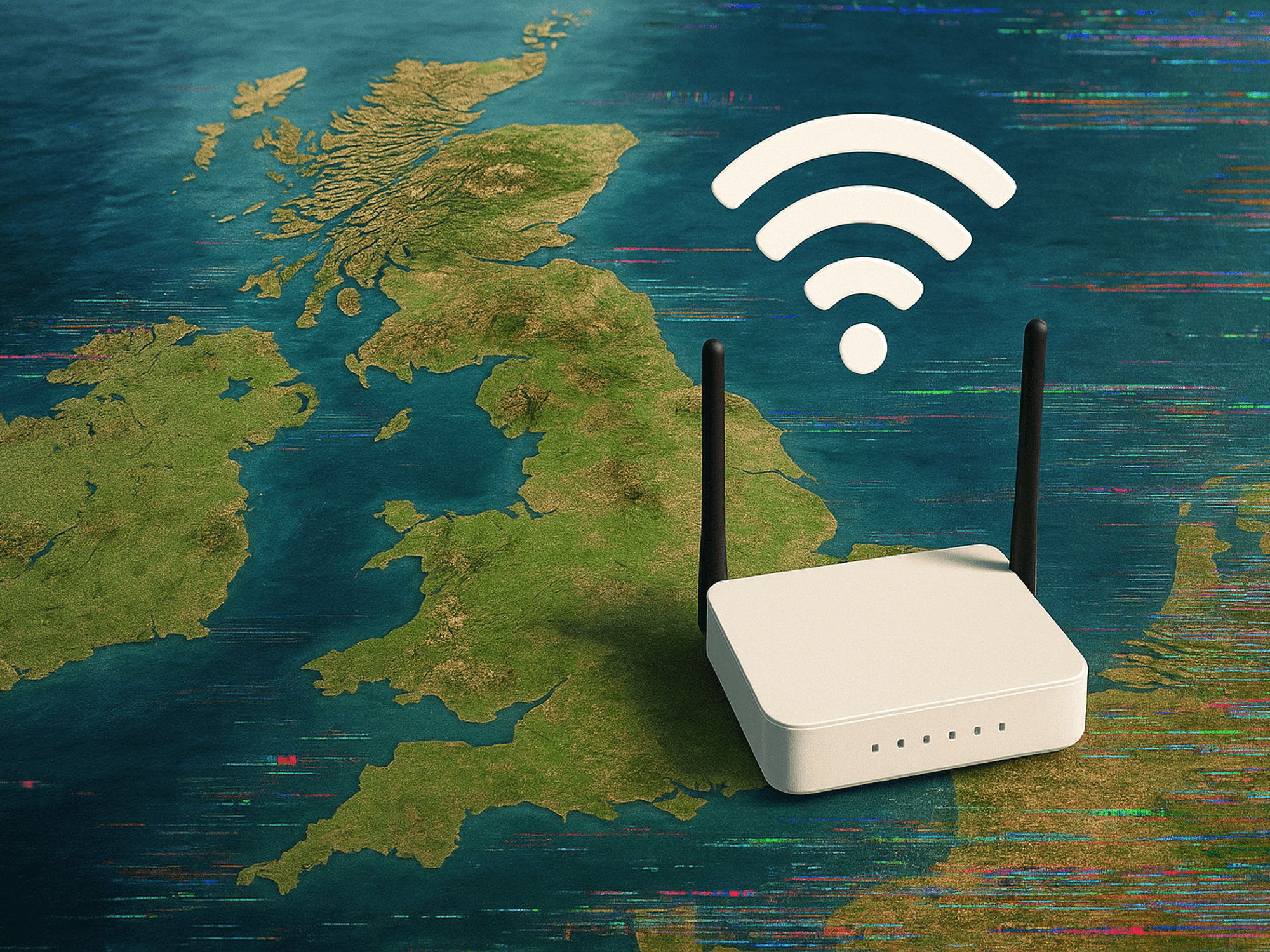Rachel Reeves eyes stealth tax raid on millions of workers despite pledge not to raise rates
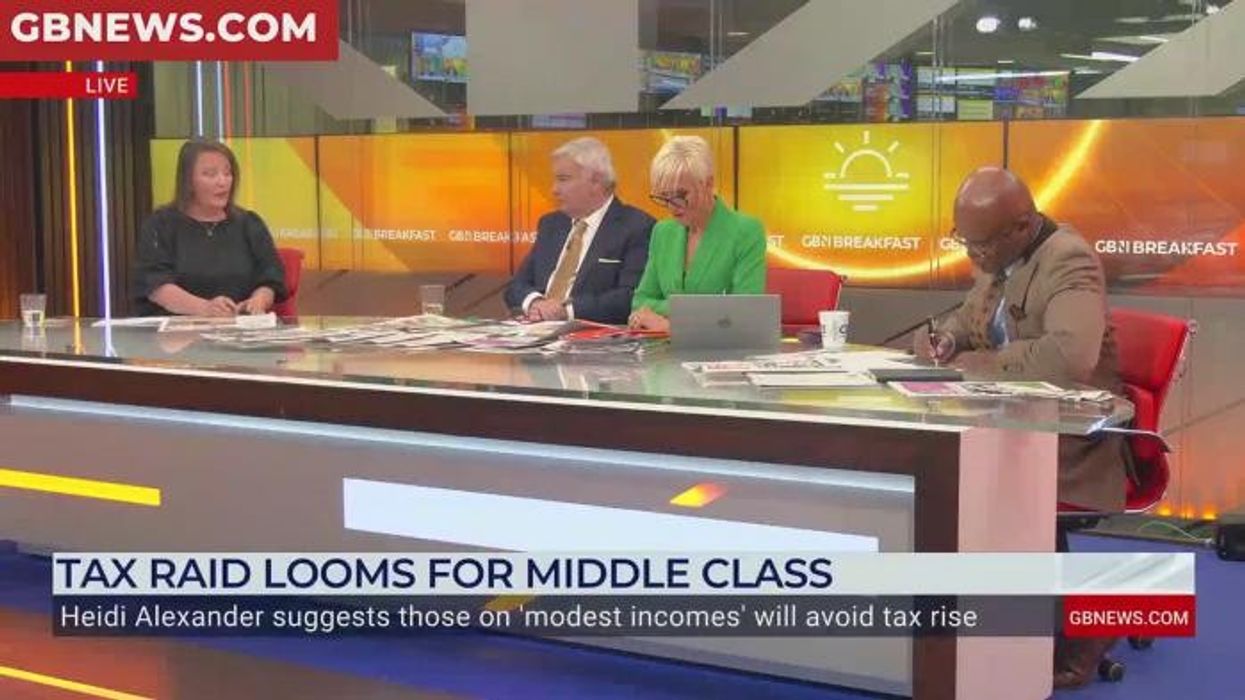
Eamonn Holmes sends warning to Keir Starmer as Rachel Reeves mulls stealth tax raid |
GBNEWS

Insiders say the move is top of the Treasury’s list as Reeves prepares her first major fiscal statement this autumn
Don't Miss
Most Read
Latest
Rachel Reeves is weighing up a major move that could quietly raise billions from workers.
Treasury officials say one option at the top of her list is extending the freeze on income tax thresholds beyond 2028.By holding tax bands at their current levels, the Government can benefit from so-called fiscal drag, as wages rise, more people slip into higher tax brackets without any change in the official tax rates.
The policy has already been highly profitable for the Treasury since it was introduced in 2021, bringing in tens of billions of pounds. Inflation and pay growth have steadily increased the tax take, piling extra pressure on workers without the Government having to announce an explicit tax rise.
The extension would generate approximately £7billion in annual revenue whilst allowing the Government to maintain its promise not to increase income tax rates.
This technical distinction has made the option particularly attractive to Treasury planners seeking ways to boost revenues without breaching manifesto commitments.
The Office for Budget Responsibility projects that the existing freeze will deliver £51billion yearly in additional tax revenue by decade's end.
An extension to 2030 would significantly expand this windfall, with 4.1million additional taxpayers expected to enter the 40 per cent or 45 per cent tax brackets by 2027-28.
Angela Rayner previously advocated freezing the £125,140 threshold for the 45 per cent tax rate in a confidential memorandum, describing such action as "consistent with the manifesto".
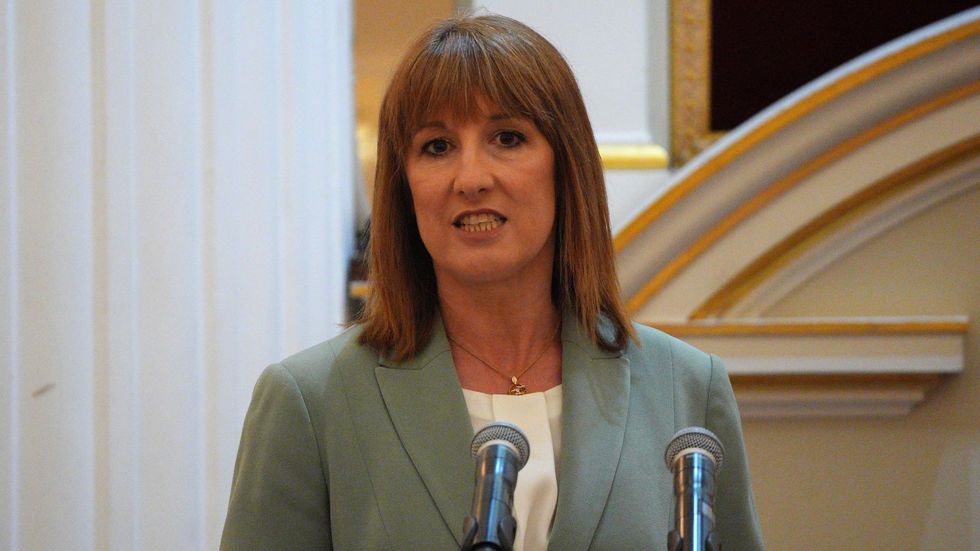
The Office for Budget Responsibility projects that the existing freeze will deliver £51billion yearly in additional tax revenue by decade's end
|GETTY
Analysis by wealth management company Rathbones Group reveals the substantial financial impact on various income levels if the threshold freeze continues until 2030.
Workers earning £100,000 annually in 2022 would face an additional tax burden of £7,077, based on projected wage growth patterns from the Office for Budget Responsibility.
Those with £80,000 salaries would see their tax obligations increase by £5,635, while £50,000 earners would pay an extra £4,632. The effects extend to moderate incomes, with individuals earning £35,000 facing a £926 rise in their tax bills.
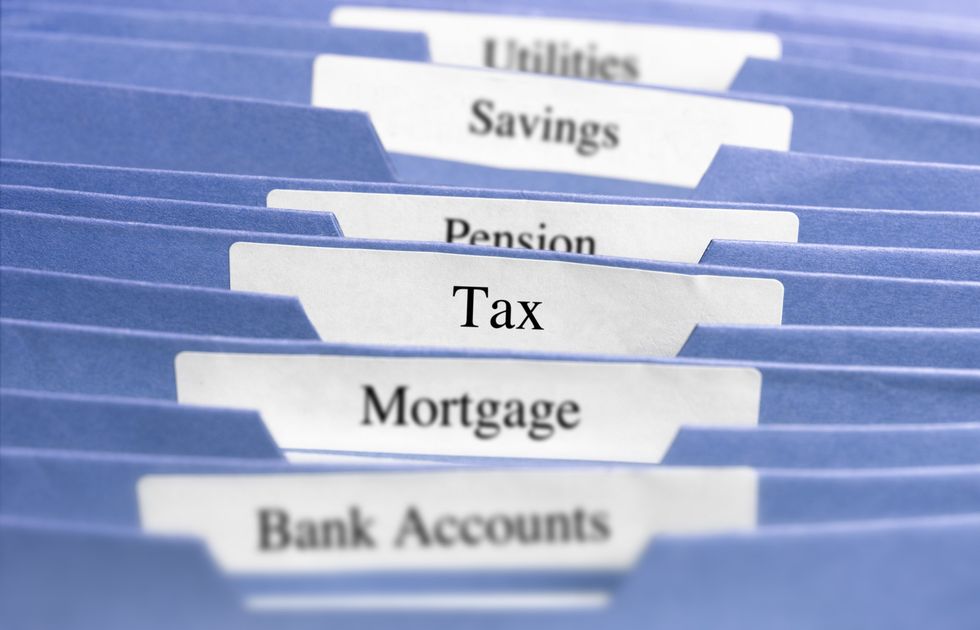
The Chancellor is facing difficult choices
| GETTYThe calculations incorporate OBR wage growth forecasts through 2029 and assume two per cent inflation for 2030, applying tax rates for England, Wales and Northern Ireland.
The Chancellor had previously dismissed extending the threshold freeze, stating it would "hurt working people" when the idea was considered last year. However, deteriorating public finances have forced a reassessment of available options.
Economic forecasters warn that Reeves's fiscal headroom for meeting her borrowing rules has disappeared amid rising debt costs. Some analysts predict the deficit could reach £50bn, though most anticipate tax increases of approximately £20billion.
The Treasury faces limited alternatives, with the threshold extension reportedly preferred over pension taxation changes.
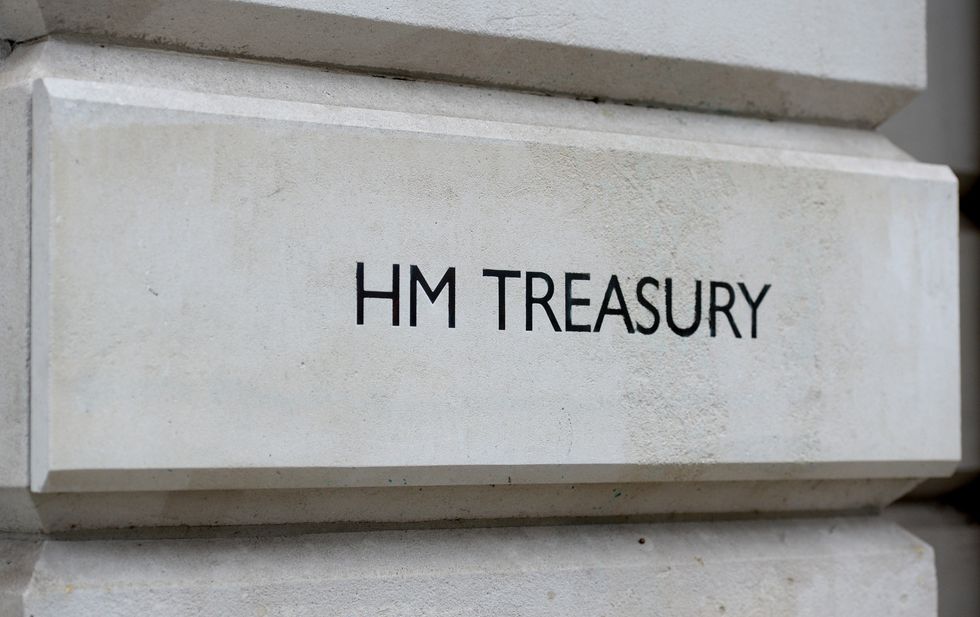
The Treasury has not yet revealed the date of Ms Reeves’s second major fiscal event
| PANo final decisions have been reached, but the measure remains under active consideration as one of few policies capable of generating significant revenue.
The Treasury has not yet revealed the date of Ms Reeves’s second major fiscal event. However, the Chancellor is required by law to give the OBR at least 10 weeks’ notice so they can prepare an economic and fiscal forecast. With Parliament currently in recess, this suggests mid-November is the earliest possible date for the Budget.
A Treasury spokesman said: "We are committed to keeping taxes for working people as low as possible, which is why at last autumn's Budget, we protected working people’s payslips and kept our promise not to raise the basic, higher or additional rates of income tax, employee National Insurance, or VAT."
More From GB News







